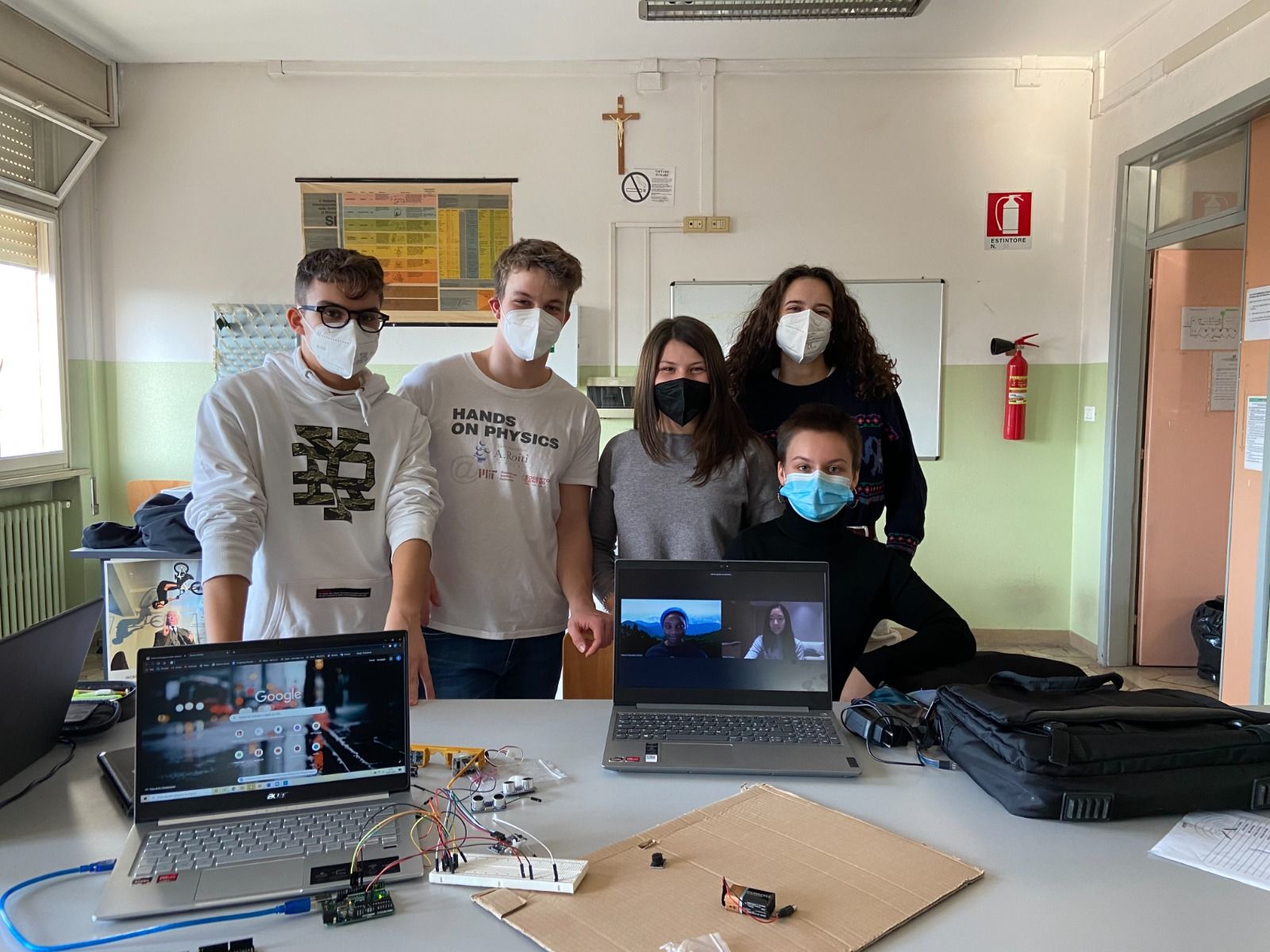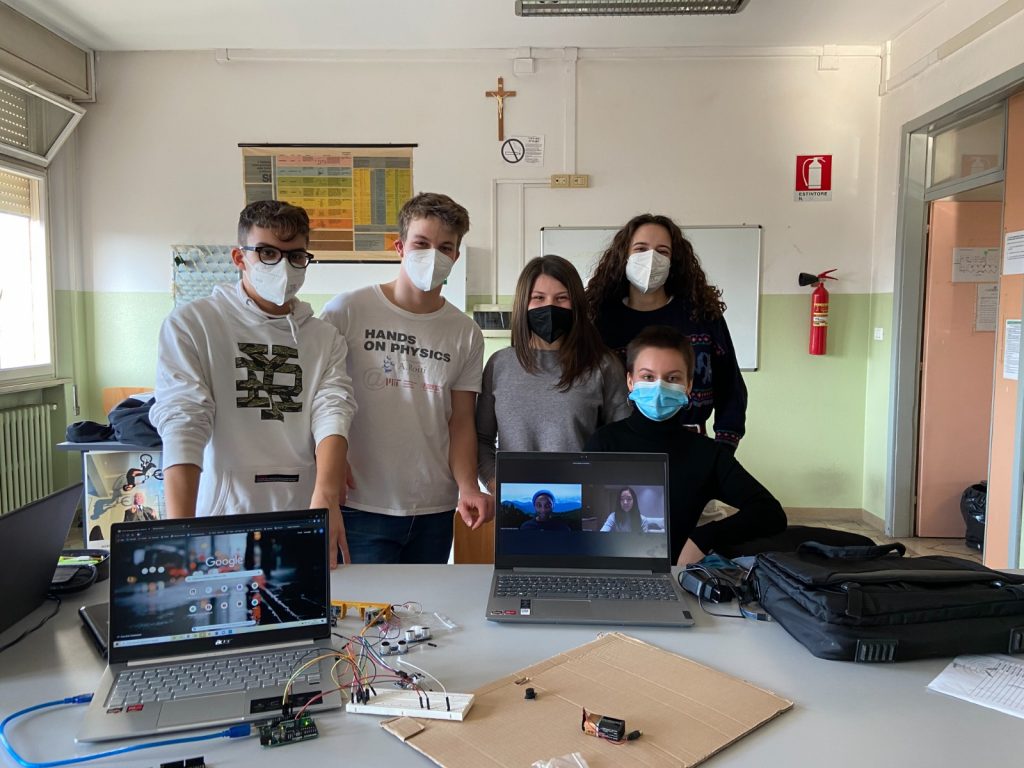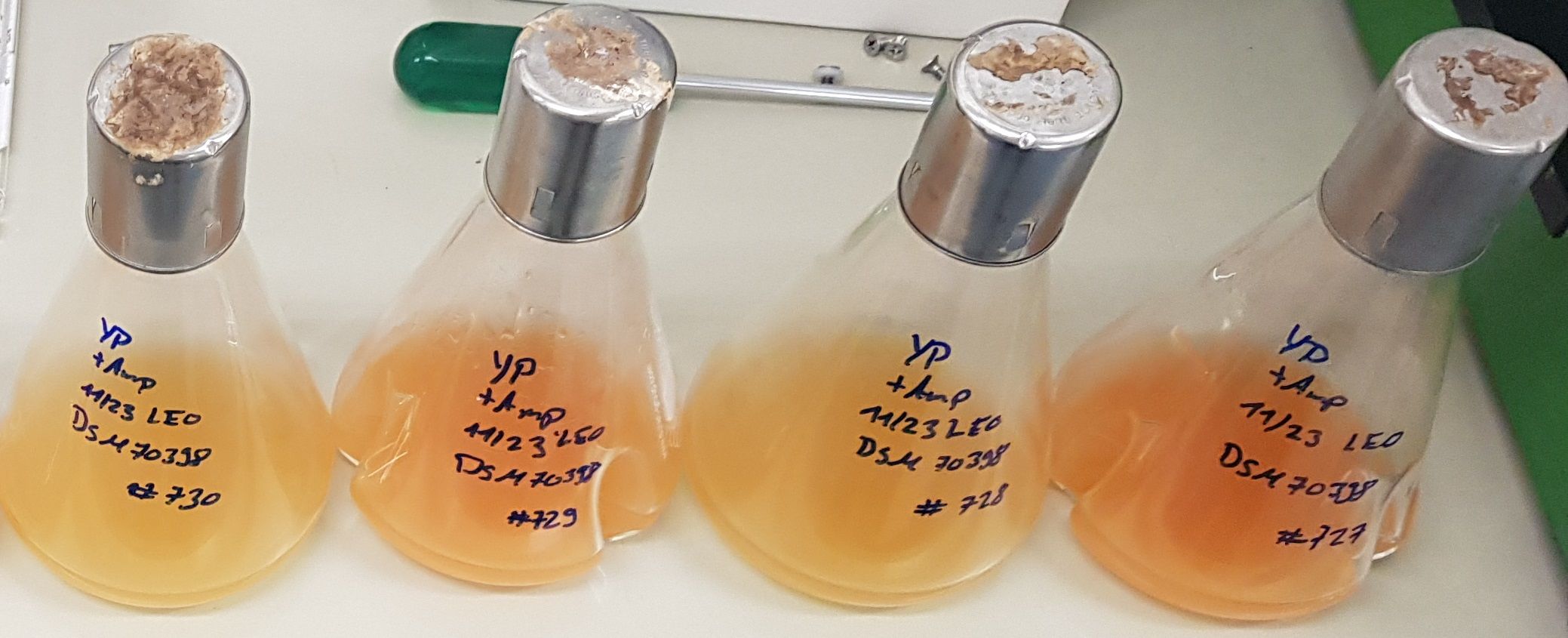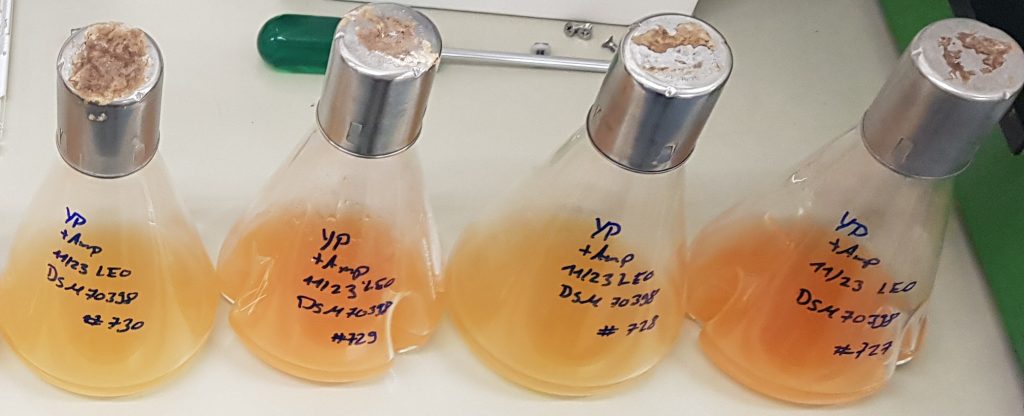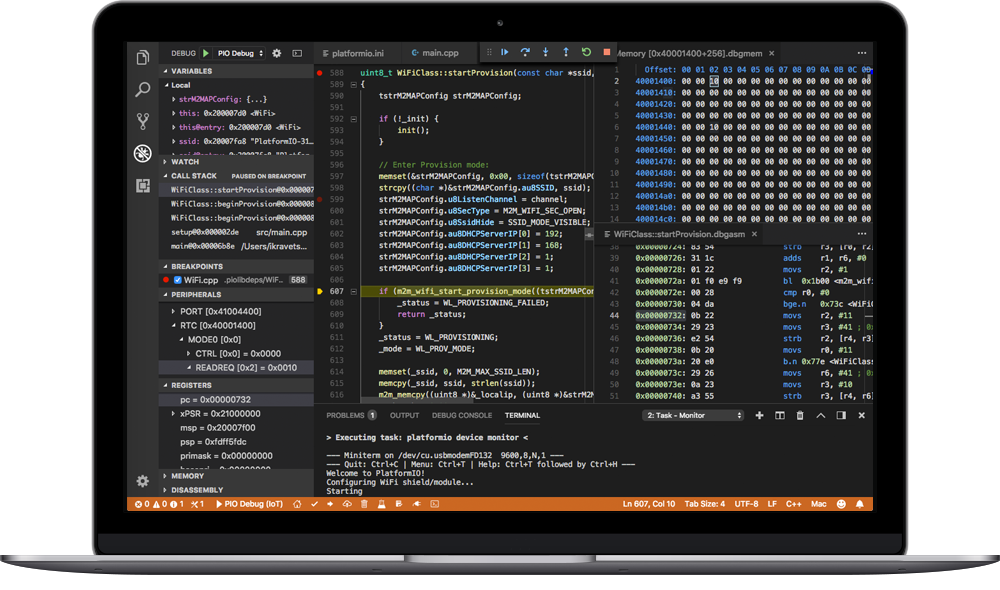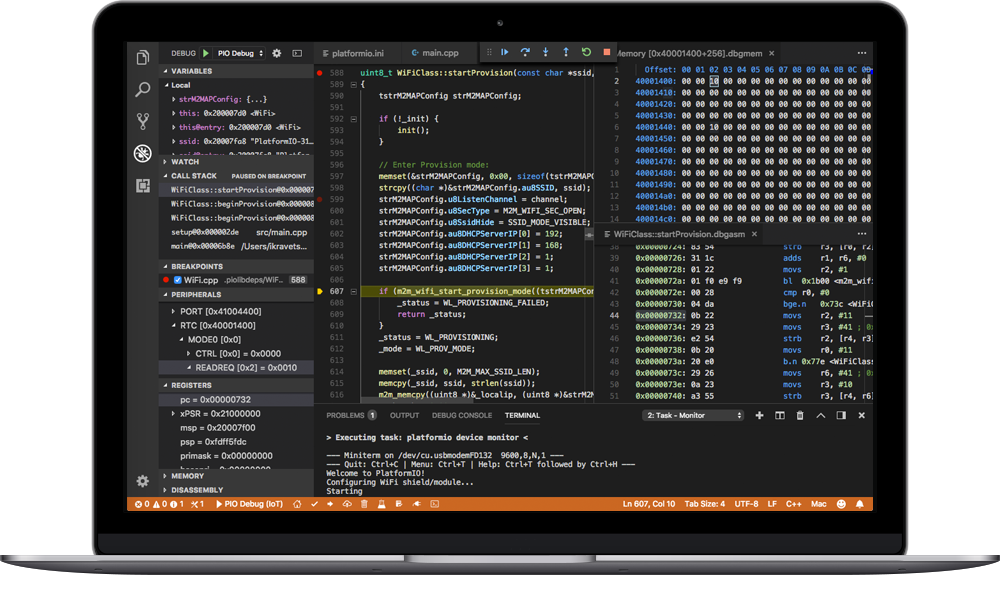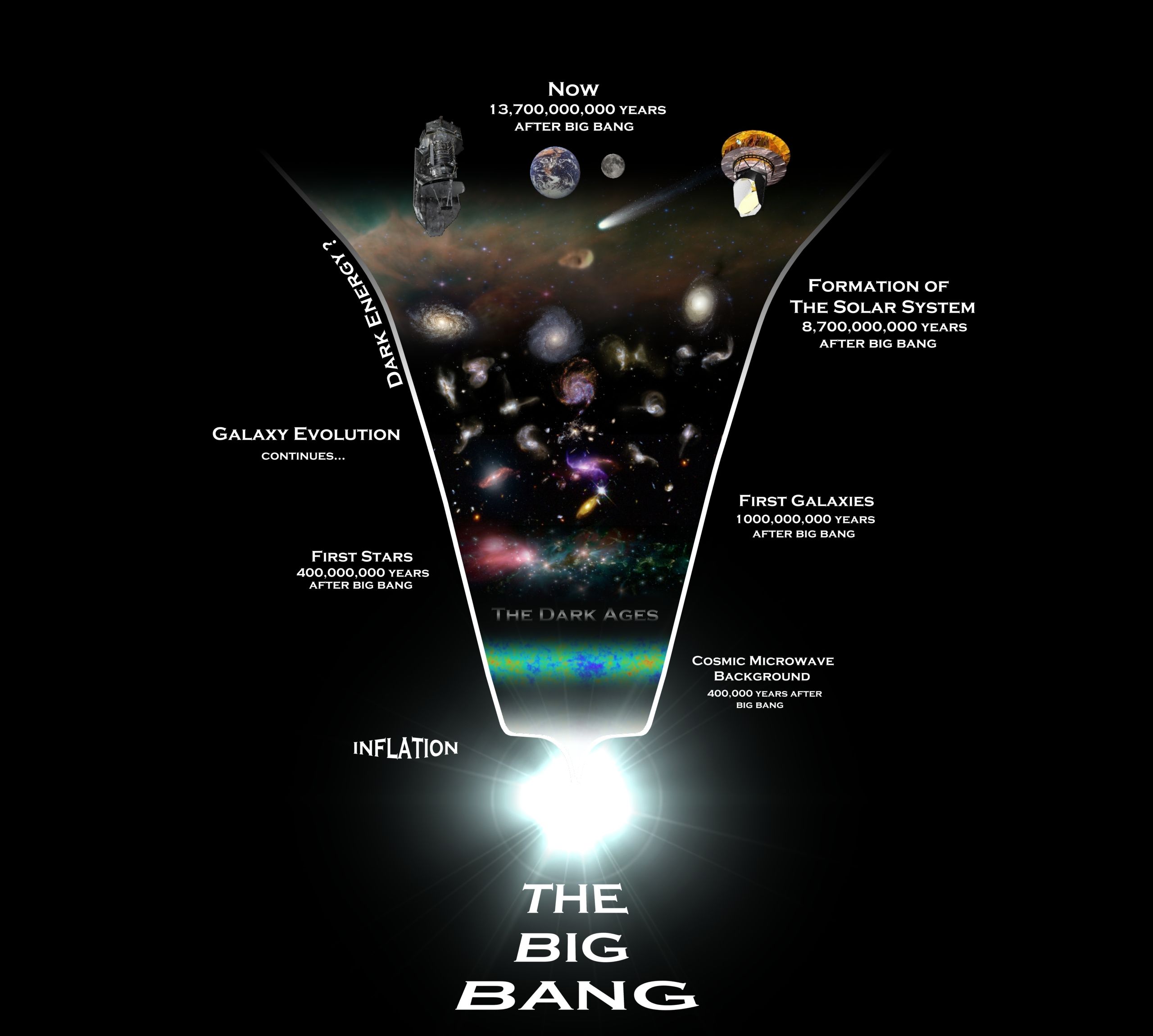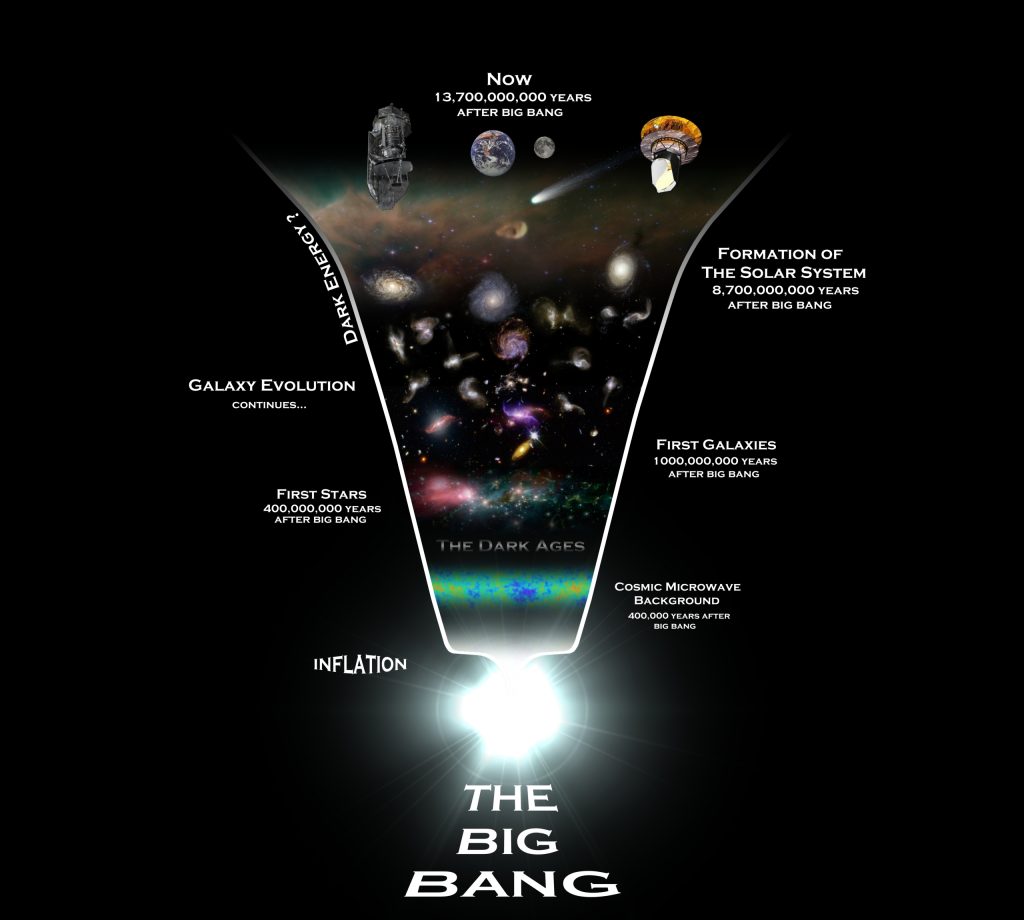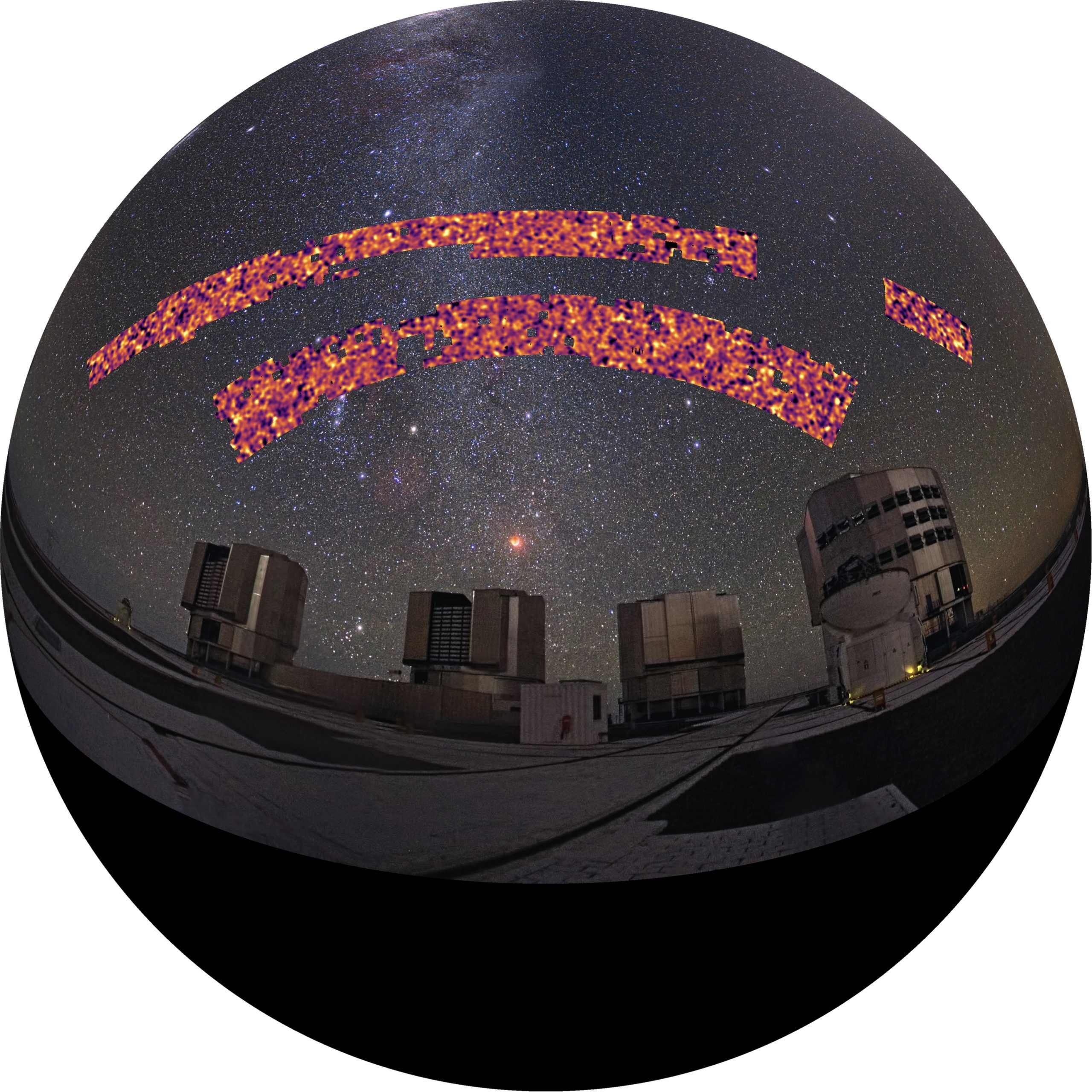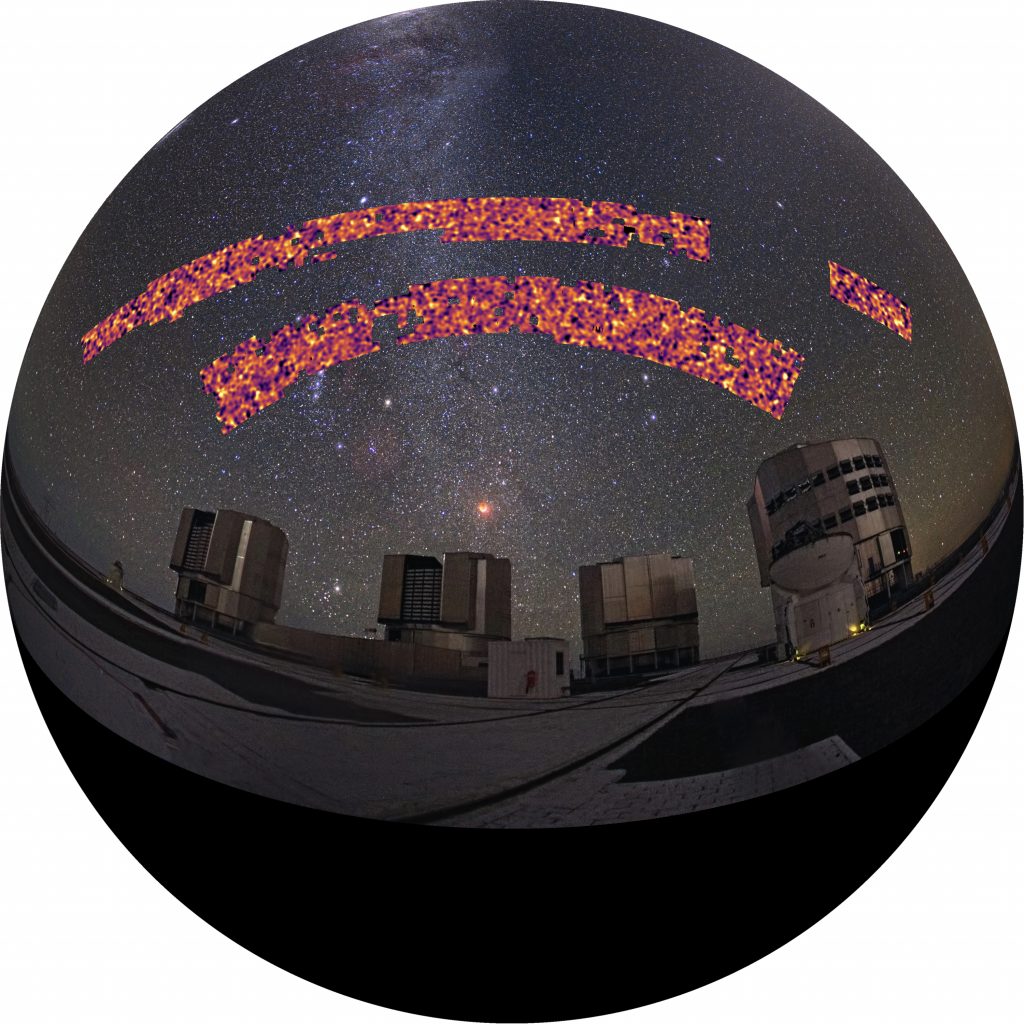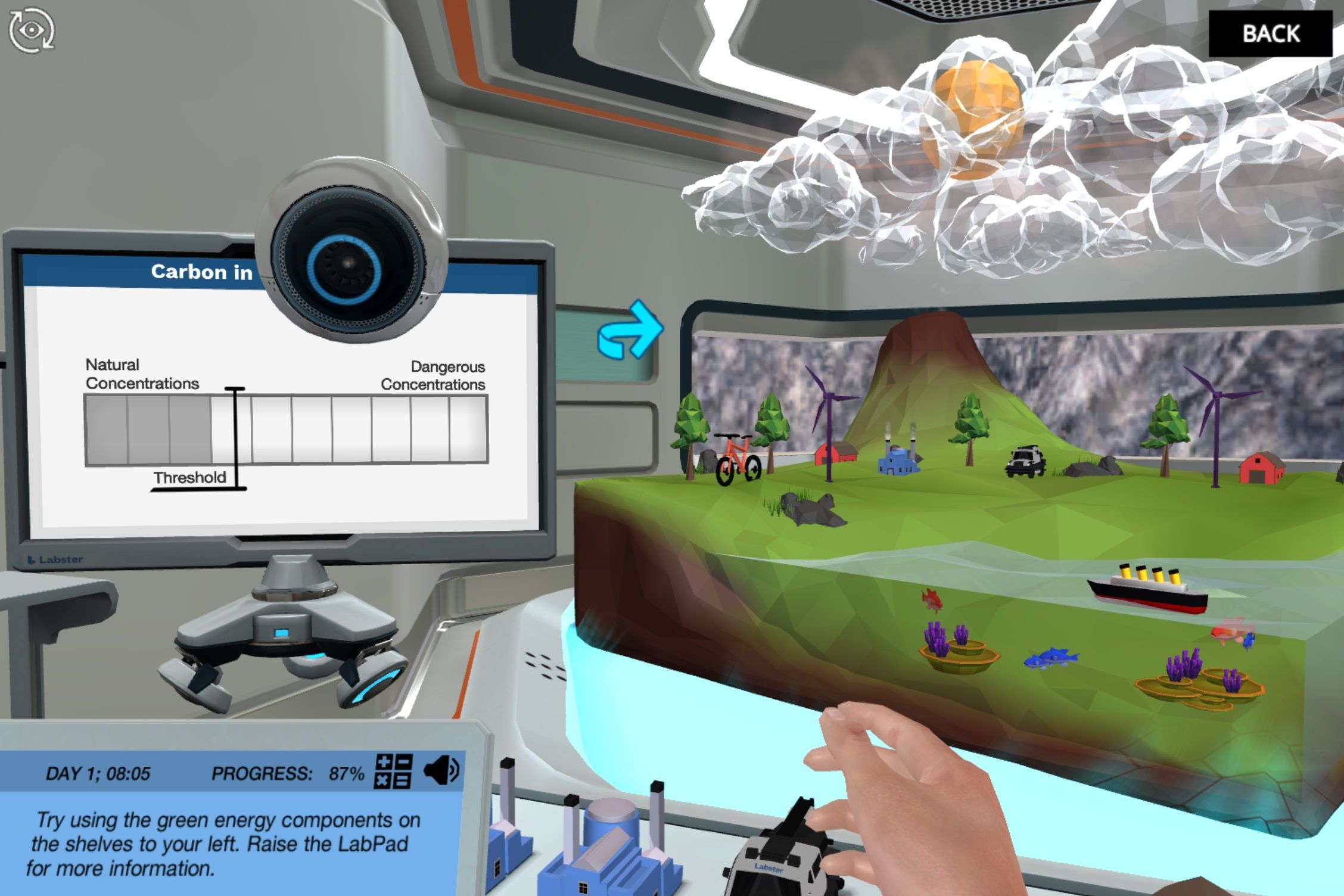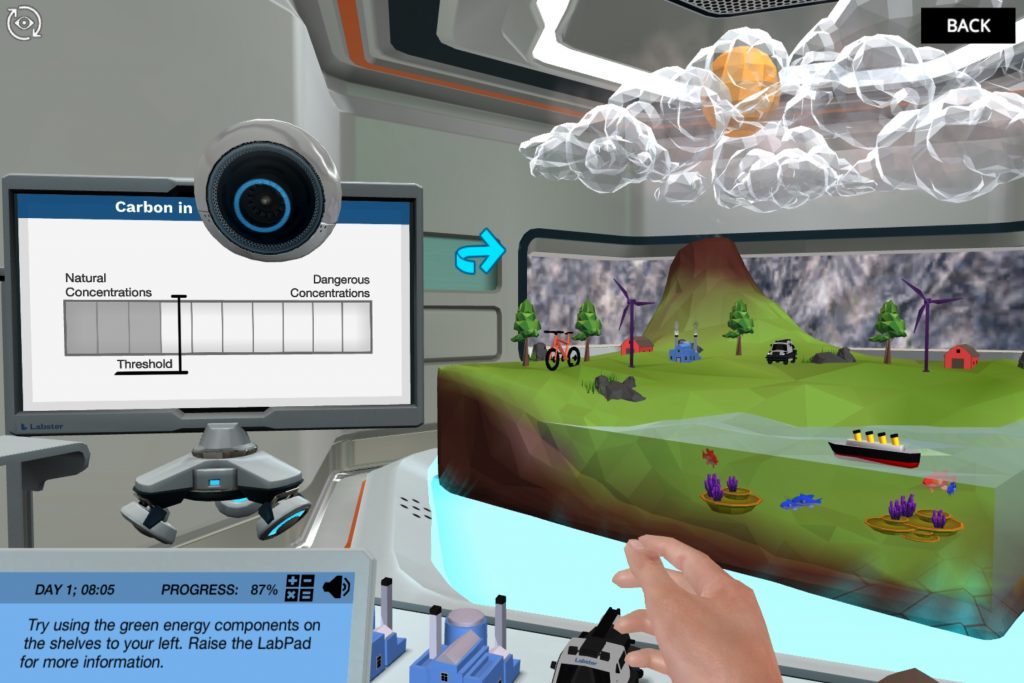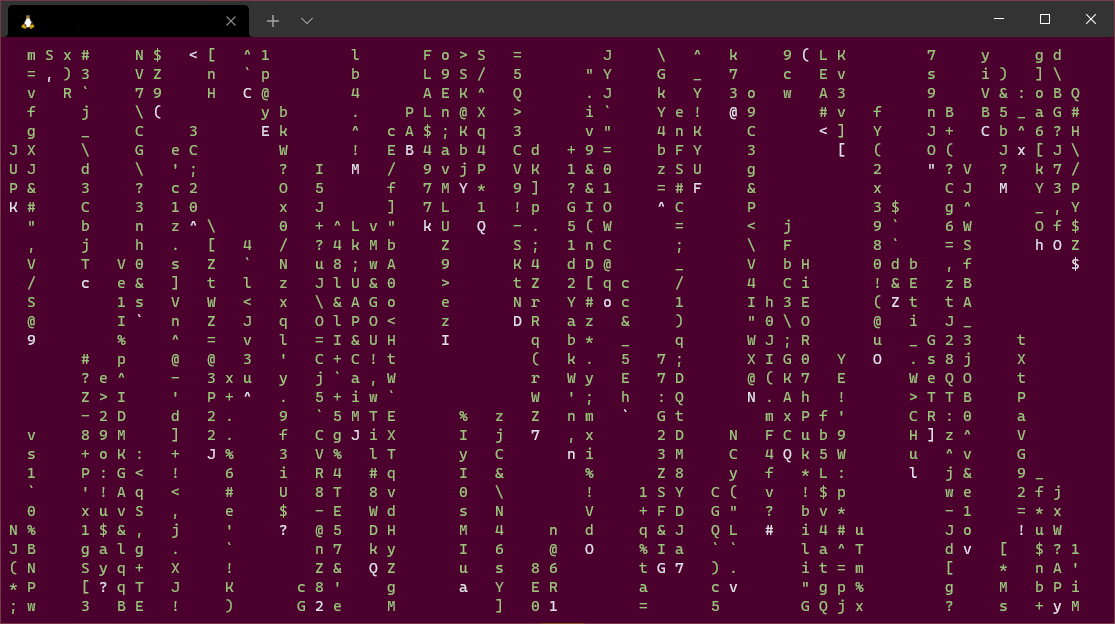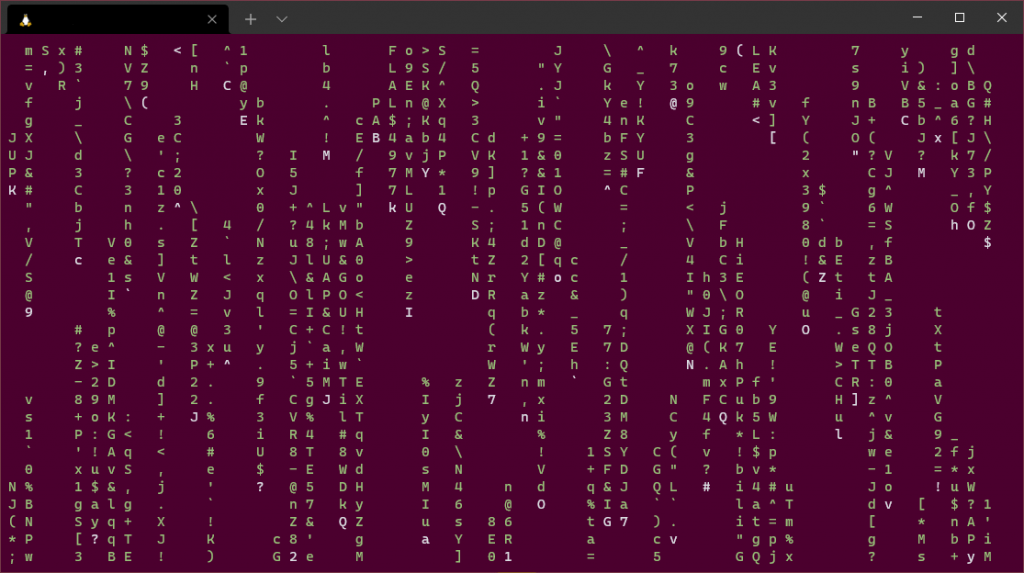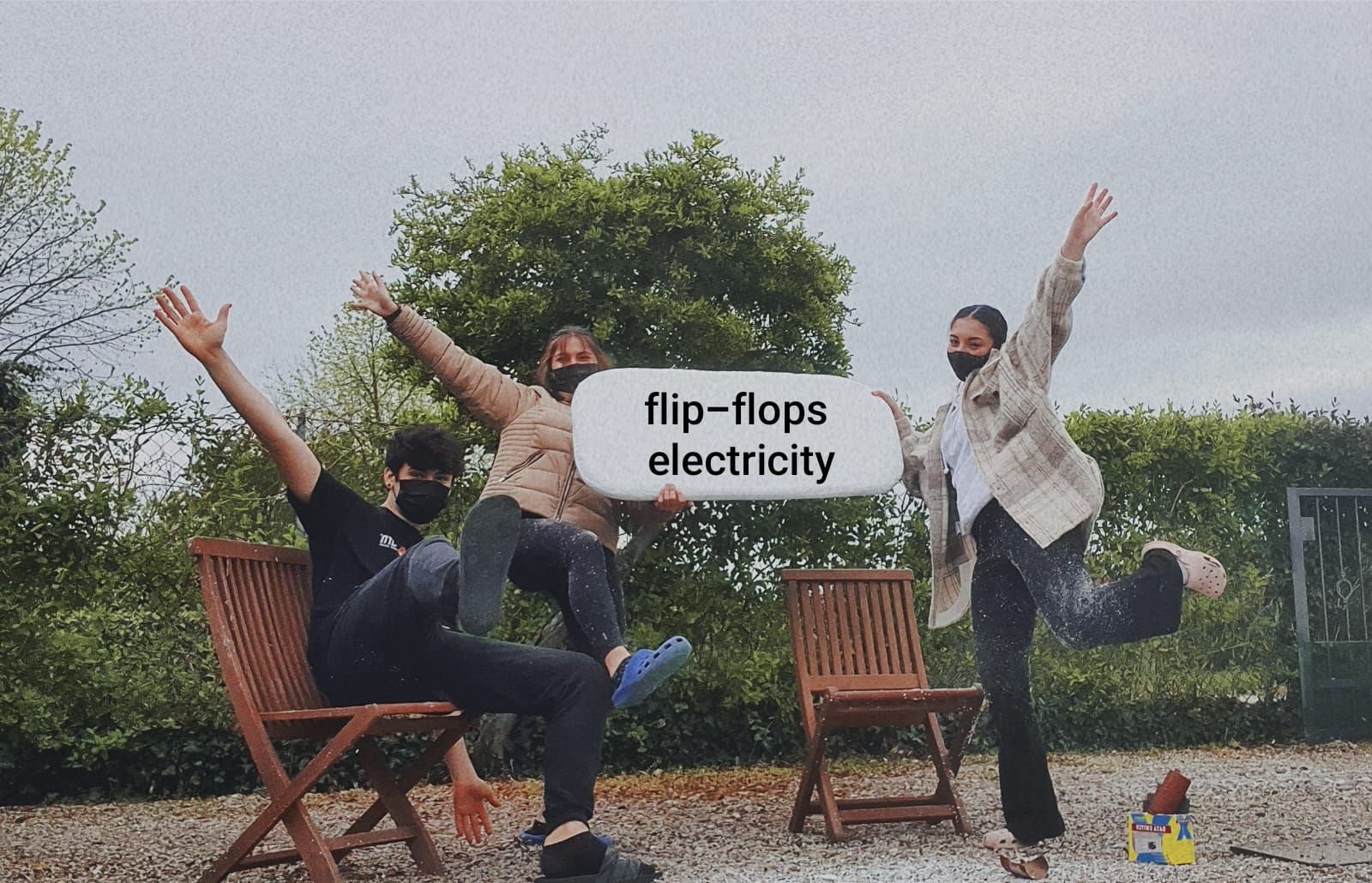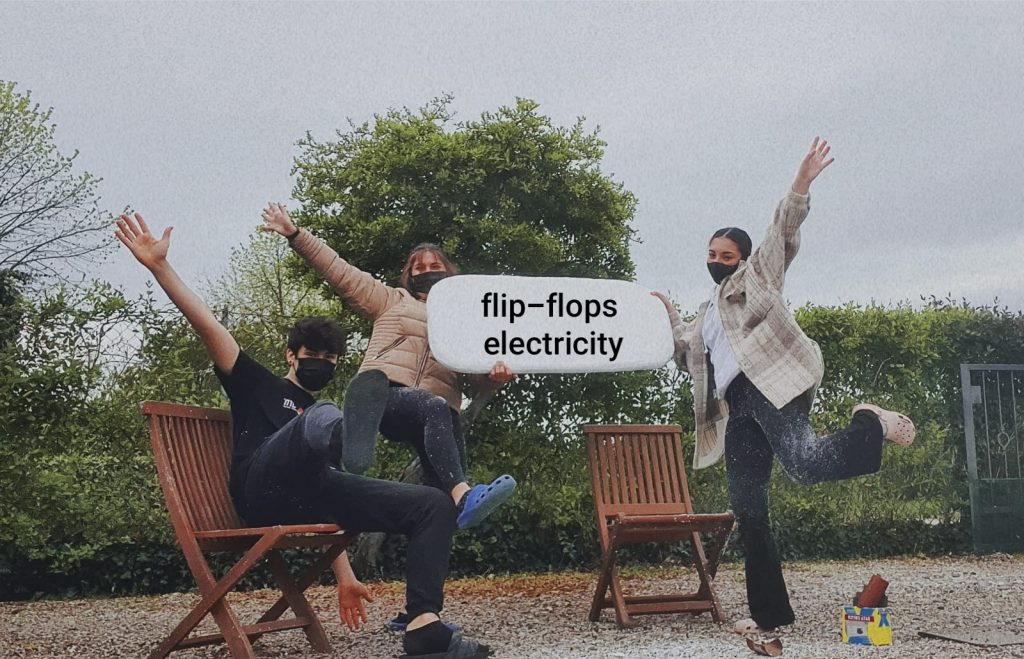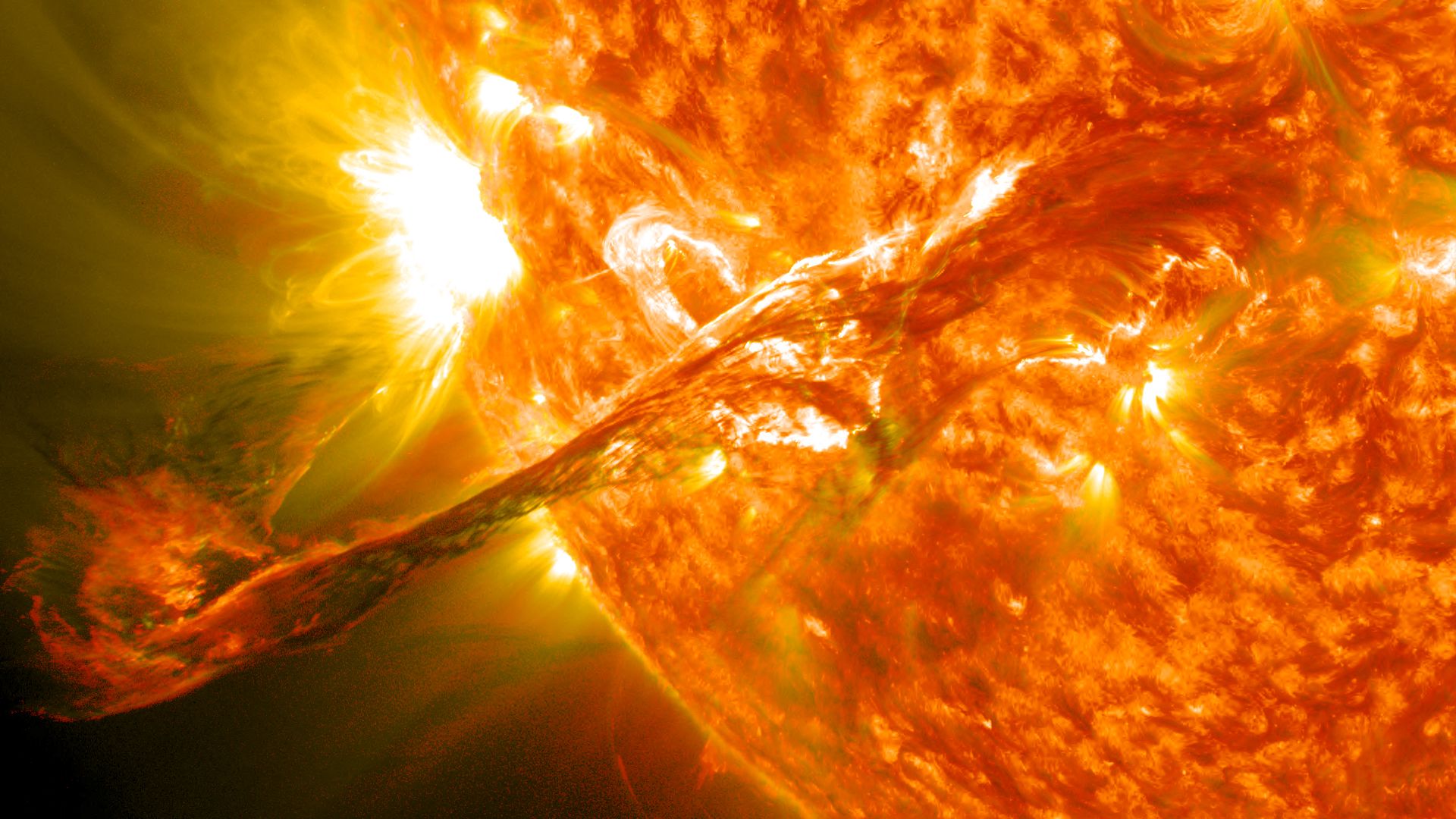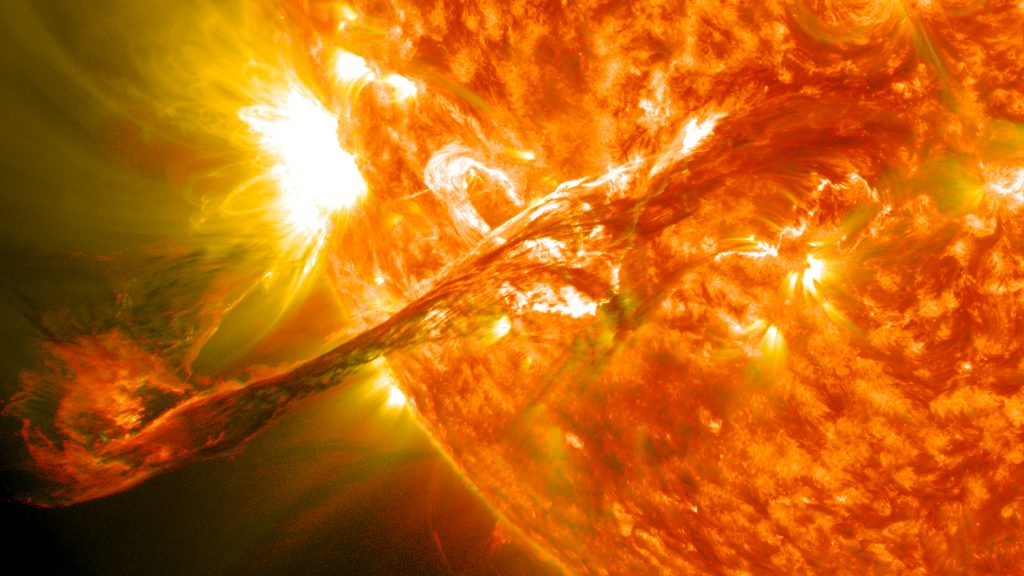HOPE, Hands-on Physics Experience with MIT-Edgerton Center: a collaborative self-learning experience that allows students to learn while having fun
Time: Friday, 12:15 – 13:00 – ONLINE ONLY – ENGLISH VERSION
Speaker: Maria Cristina Trevissoi et al – Liceo Scientifico A. Roiti, Ferrara, Italy
Age of participants: High school
Short description: HOPE is a program run by high school and university students who carry out STEM projects they propose themselves. The teachers support them and the organizational aspects trying to give free rein to the students‘ creativity and autonomy. The work of the teams – made up of students of various ages and heterogeneous by gender and skills – allows you to learn not only the contents but also the soft skills necessary for current generations
Required previous knowledge: None
